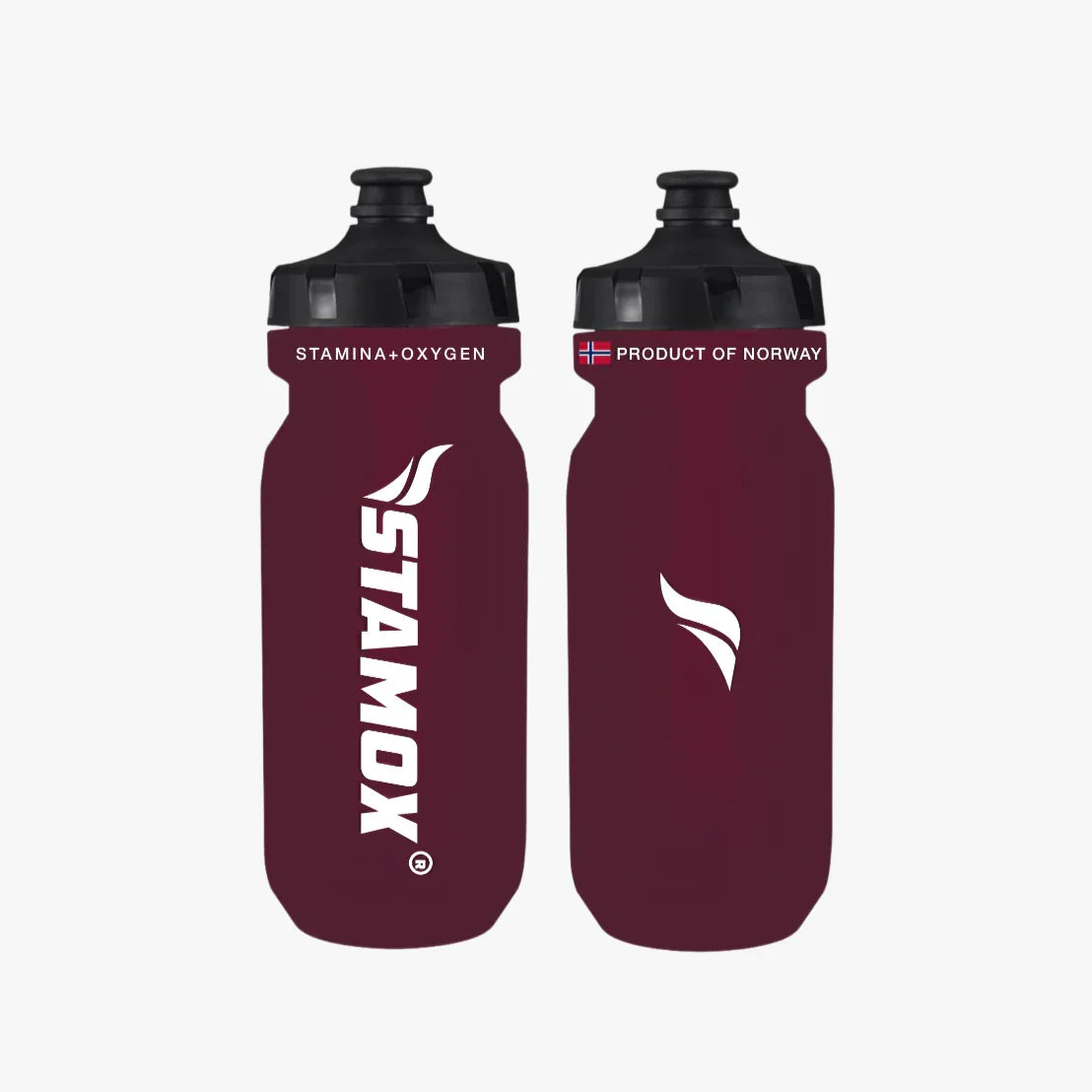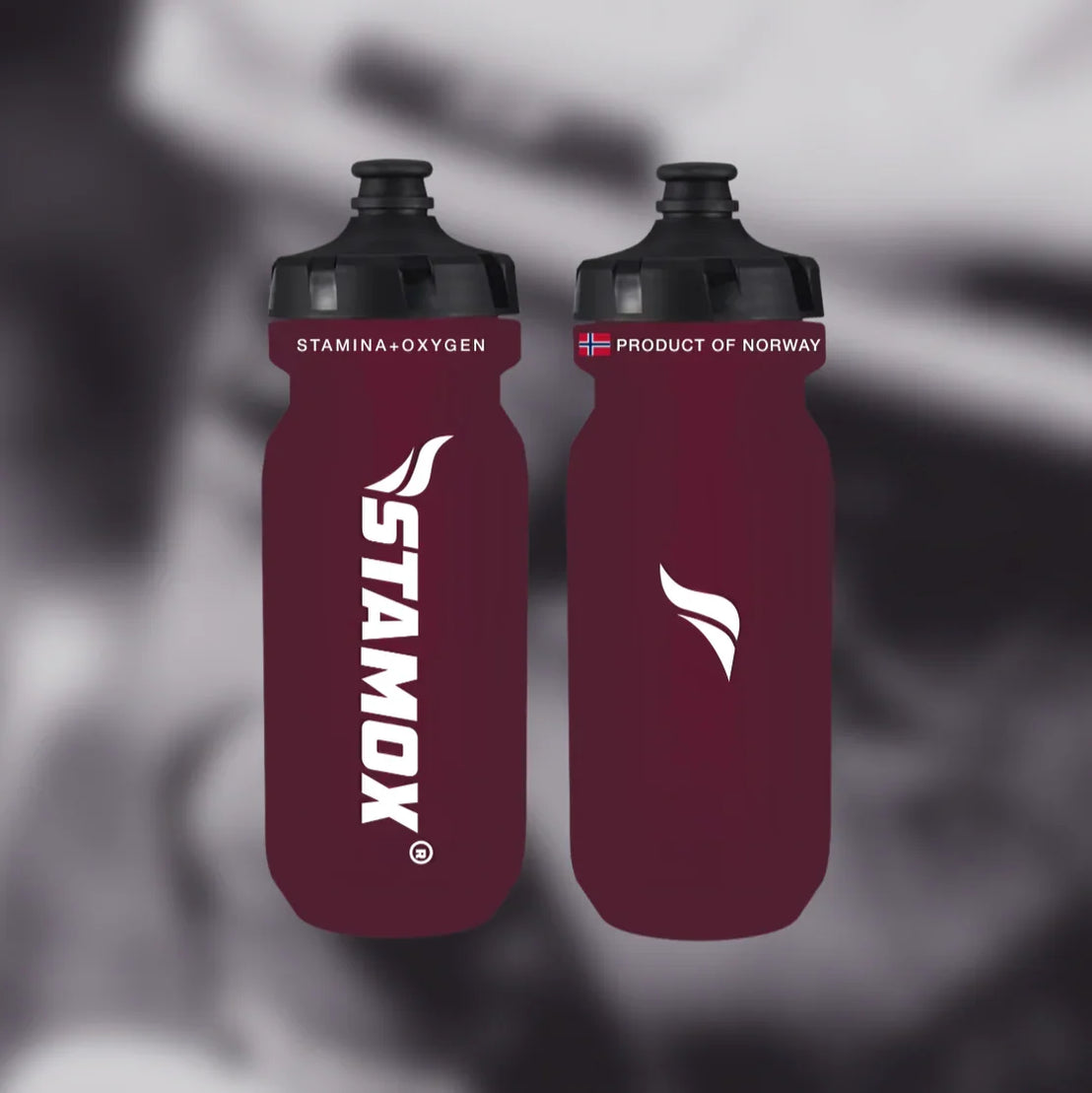Nitrate Supplements vs. Beetroot Juice: A Comprehensive Analysis for Peak Performance
When it comes to boosting athletic performance and cardiovascular health, nitrate supplements have emerged as a powerhouse ingredient. But before reaching for a pill or powder, you'll inevitably encounter its natural rival: beetroot juice.
Both deliver the key component—dietary nitrates—that your body converts into Nitric Oxide (NO), a powerful molecule that helps relax and widen blood vessels. This effect, known as vasodilation, is the key to improved blood flow, reduced blood pressure, and enhanced oxygen delivery to working muscles.
But which source is superior? This comprehensive analysis breaks down the pros and cons of nitrate supplements versus beetroot juice to help you make the best choice for your goals.

Understanding the Mechanism: Nitrates to Nitric Oxide
Whether you get them from a supplement or beetroot juice, the benefits start with dietary nitrates (NO3−).
- Ingestion: You consume nitrates.
- Conversion in the Mouth: Bacteria on your tongue convert nitrate (NO3−) into nitrite (NO2−). This step is crucial—avoiding mouthwash is often recommended to preserve this helpful bacteria.
- Conversion to NO: Nitrite is swallowed and then converted to Nitric Oxide (NO) in the stomach and bloodstream, especially under conditions of low oxygen (like during intense exercise).
- The Result: NO acts as a potent vasodilator, improving blood flow and muscle efficiency.
1. Nitrate Supplements: Precision and Potency
Nitrate supplements typically come in the form of concentrated capsules, powders, or shots, often utilizing sodium nitrate or concentrated beetroot/red spinach extracts.
The Pros of Concentrated Nitrate Supplements
- Standardized Dosing (Consistency): This is the major advantage. Supplements offer a guaranteed, high-concentration dose of nitrate (often 300–600mg per serving). This predictability allows athletes to precisely time their intake for maximal effect 2-3 hours pre-exercise.
- Convenience: Easy to travel with, pre-dose, and consume quickly, eliminating the need to juice or consume a high volume of liquid.
- Lower Sugar/Calorie Count: Concentrated products are often very low in sugar and calories, which is appealing to those monitoring macro intake.
- Taste Masking: Available in various flavors, which can be a relief for those who dislike the strong, earthy taste of beetroot.
The Cons of Concentrated Nitrate Supplements
- Missing Nutrients: You are missing out on the wealth of complementary vitamins, minerals, and phytonutrients found in whole beetroot.
- Cost: High-quality, concentrated nitrate shots or powders can be more expensive per serving than bulk beetroot juice.
2. Beetroot Juice: The Natural Whole-Food Powerhouse
Beetroot juice (BRJ), particularly in its concentrated form, is the most well-researched natural source of dietary nitrates.
The Pros of Beetroot Juice
- Holistic Nutritional Profile: Beyond nitrates, beetroot juice is rich in:Betalains: Powerful antioxidants that provide the deep red pigment and may offer anti-inflammatory benefits.Vitamins & Minerals: Includes B vitamins, manganese, and potassium.Fiber (in less-processed forms): Beneficial for gut health, which may indirectly support the nitrate-to-nitrite conversion pathway.
- Betalains: Powerful antioxidants that provide the deep red pigment and may offer anti-inflammatory benefits.
- Vitamins & Minerals: Includes B vitamins, manganese, and potassium.
- Fiber (in less-processed forms): Beneficial for gut health, which may indirectly support the nitrate-to-nitrite conversion pathway.
- Synergistic Effects: Some studies suggest that the naturally occurring compounds (like polyphenols) in the whole-food matrix of BRJ may enhance nitrate absorption and bioavailability compared to isolated nitrate salts.
- General Health Benefits: Regular consumption is linked to overall cardiovascular health, independent of exercise performance.
The Cons of Beetroot Juice
- Variable Nitrate Content: The nitrate concentration can fluctuate significantly based on the soil, harvest, and processing methods. You may not always know the exact dosage you are consuming unless using a standardized concentrate.
- Taste & Volume: Many people find the earthy taste unappealing. Achieving the research-backed effective dose (typically 300-500mg of nitrate) often requires drinking a larger volume of juice.
- Sugar & Calories: Even "pure" beetroot juice contains natural sugars, which must be considered by individuals with specific dietary needs.
Comparative Analysis: Quick Breakdown
| Feature | Concentrated Nitrate Supplements | Beetroot Juice / Concentrate |
| Nitrate Dose | Highly standardized and reliable. | Variable (unless standardized concentrate is used). |
| Additional Nutrients | Minimal or none. | Rich in betalains, polyphenols, vitamins, and minerals. |
| Convenience | Excellent (Pill, powder, or small shot). | Moderate (Requires mixing or drinking larger volume). |
| Sugar/Calories | Typically very low. | Higher (due to natural beet sugars). |
| Bioavailability/Efficacy | Excellent. Effective when dosed correctly. | Excellent. Whole-food matrix may offer synergistic benefits. |
| Primary Use | Pre-workout for peak performance. | Performance boost & general health/BP support. |
The Verdict: Choosing the Right Option for You
Both nitrate supplements and beetroot juice are scientifically proven to be effective for enhancing performance and reducing blood pressure. Your optimal choice depends on your priorities:
- For Elite Performance and Max Consistency: Choose a standardized nitrate supplement or a concentrated shot. The precision in dosing is invaluable when timing a supplement for a race or high-stakes competition.
- For Holistic Health and General Fitness: Choose high-quality beetroot juice or powder. You benefit from the nitrate-boost plus the anti-inflammatory and antioxidant properties of the whole food.
- For Digestive Sensitivity: If the natural sugars or fiber in beetroot juice cause mild gastrointestinal issues, a pure nitrate salt supplement might be better tolerated.
Learn More about Nitrate Supplements vs. Beetroot Juice














